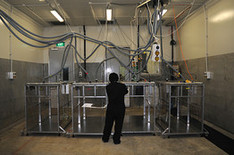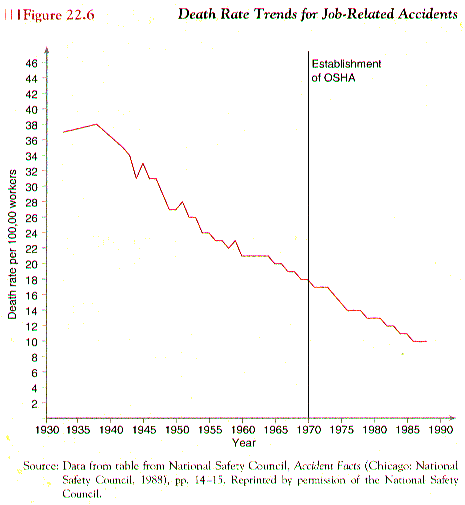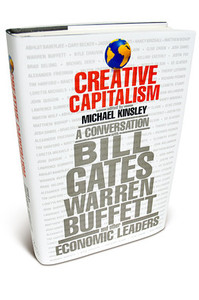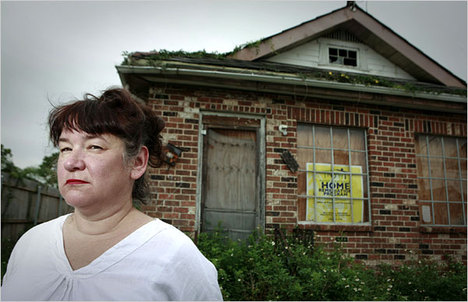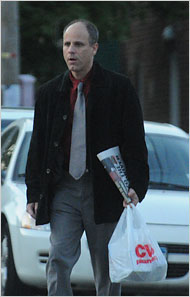John Steele Gordon, the author of the sagacious commentary below, has also written a wonderful book called A Thread Across the Atlantic, which tells the story of how entrepreneur Cyrus Field persevered in his attempts to lay telegraphic cable across the Atlantic Ocean.
(p. A17) The Obama administration is bent on becoming a major player in — if not taking over entirely — America’s health-care, automobile and banking industries. Before that happens, it might be a good idea to look at the government’s track record in running economic enterprises. It is terrible.
In 1913, for instance, thinking it was being overcharged by the steel companies for armor plate for warships, the federal government decided to build its own plant. It estimated that a plant with a 10,000-ton annual capacity could produce armor plate for only 70% of what the steel companies charged.
When the plant was finally finished, however — three years after World War I had ended — it was millions over budget and able to produce armor plate only at twice what the steel companies charged. It produced one batch and then shut down, never to reopen.
Or take Medicare. Other than the source of its premiums, Medicare is no different, economically, than a regular health-insurance company. But unlike, say, UnitedHealthcare, it is a bureaucracy-beclotted nightmare, riven with waste and fraud. Last year the Government Accountability Office estimated that no less than one-third of all Medicare disbursements for durable medical equipment, such as wheelchairs and hospital beds, were improper or fraudulent. Medicare was so lax in its oversight that it was approving orthopedic shoes for amputees.
. . .
It is government’s job to make and enforce the rules that allow a civilized society to flourish. But it has a dismal record of regulating itself. Imagine, for instance, if a corporation, seeking to make its bottom line look better, transferred employee contributions from the company pension fund to its own accounts, replaced the money with general obligation corporate bonds, and called the money it expropriated income. We all know what would happen: The company accountants would refuse to certify the books and management would likely — and rightly — end up in jail.
But that is exactly what the federal government (which, unlike corporations, decides how to keep its own books) does with Social Security. In the late 1990s, the government was running what it — and a largely unquestioning Washington press corps — called budget “surpluses.” But the national debt still increased in every single one of those years because the government was borrowing money to create the “surpluses.”
Capitalism isn’t perfect. Indeed, to paraphrase Winston Churchill’s famous description of democracy, it’s the worst economic system except for all the others. But the inescapable fact is that only the profit motive and competition keep enterprises lean, efficient, innovative and customer-oriented.
For the full commentary, see:
JOHN STEELE GORDON. “Why Government Can’t Run a Business; Politicians need headlines. Executives need profits.” Wall Street Journal (Weds., MAY 21, 2009): A17.
(Note: ellipsis added.)
The wonderful book, I mentioned, is:
Gordon, John Steele. A Thread across the Ocean: The Heroic Story of the Transatlantic Cable. New York: Walker & Co., 2002.




